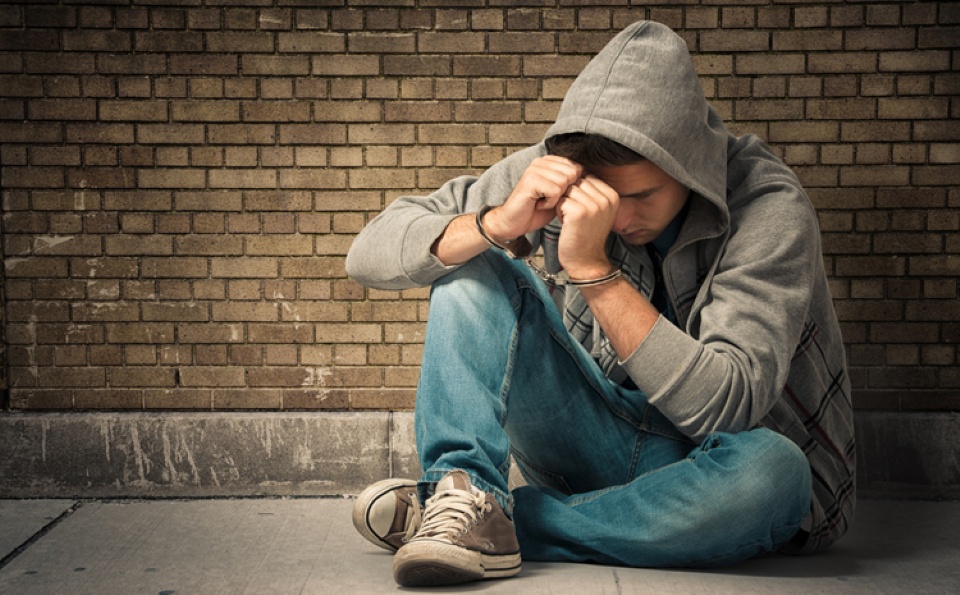As a parent, you hope your children will
never be in trouble with the law.
But did you know they can be held
responsible for crimes as of age 12?
That doesn't mean they will go through the regular
criminal system. There are special rules for young people who commit crimes.
Why
special rules?
The law recognizes that young people don't
always have the judgement and maturity of adults. So if they commit a crime, the law emphasizes getting
them back on track, not just punishing them.This doesn't mean youth aren't held responsible; it means that non-traditional methods
are used to do this, methods aimed at ensuring better outcomes in the long run.
Who's
covered by these rules?
In Canada, these special rules are in a law
called the Youth Criminal Justice Act. The law covers 12- 17-year-olds. At 18,
you become an adult in the eyes of the criminal law, and go through the regular
criminal system.
What
special rules?
Here are examples;
- Police officers have discretion when it comes to teenagers who commit crimes. They can take no action, give a warning or refer the youth to a community program. These community programs help youth get back on track and repair any damage done. The police decision depends on the crime and other factors.
- If these measures don't fit the situation, the police can send the file to a government lawyer. At this stage, a few things can happen; stopping the case, sending the case to court or applying another solution. These other solutions include taking part in mediation with the victim (if there is one), paying a fine and going to training for social skills.
- Even if the case is sent to court, it usually goes to a special youth court. (For very serious crimes, it might go to an adult court.)
By law, the police must contact the parents or a guardian of a youth detained or arrested.
Also, the youth can be accompanied by a parent, guardian or other adult during questioning by the police.
As with adults, youth detained or arrested have the right to consult a lawyer before answering questions, and the right to remain silent. (In some situations, you must at least give your name and address.)
"Detained" means being not free to go, but not necessarily under arrest.
Under 12 years old?
When a child under 12 commits a crime, it falls under the youth protection system, not the criminal system. Youth protection authorities decide if action is needed.
Want to learn more?
See the Crimes, Tickets and Fines section of Éducaloi's Youth Zone; www.educaloi.qc.ca/en/youth

Éducaloi is a non-profit organization that explains the law to Quebecers in easy-to-understand language. www.educaloi.qc.ca
Important! This article is meant as legal information, not legal advice. If you need advice about a specific situation, consult a lawyer or notary.
The information is up to date to January 26, 2016. It deals with Quebec law only.

 In The Latest Issue:
In The Latest Issue:




Tweet
Share